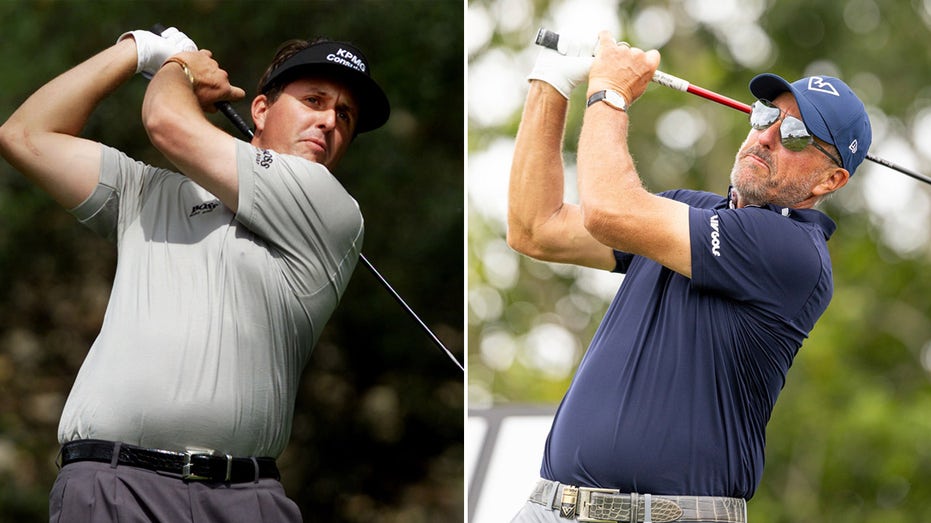Phil Mickelson’s Five-Day Fast: The High Stakes of Extreme Weight Loss in Pro Golf

Sarah Johnson
April 18, 2025
Brief
Pro golfer Phil Mickelson reveals his five-day fasting routine at the Masters, sharing weight loss results and expert advice on risks, muscle loss, and safe fasting for athletes.
Phil Mickelson, the pro golfer famous for a trophy case that includes six major wins and three Masters titles, is making waves not just with his swing but also his bold health choices. At his 32nd Masters start, Mickelson revealed his dedication to a demanding five-day prolonged fast, a regimen that helped him shed 25 pounds in 2023.
This type of fasting is a step beyond your typical intermittent fasting (IF) trends, which usually involve shorter fasts like the 16/8 method, where you fast for 16 hours and eat only within an eight-hour window. Mickelson’s approach asks the body to go without solid food for several days straight—a method that drifts into controversial territory for elite athletes.
Dr. Christopher Rhodes, a specialist in longevity and fasting from California and founder of Mimio Health, weighed in on the pros and cons. He explains, "A five-day fast rewires your metabolism, pushing your body to burn stored fat while dropping glycogen reserves and entering ketosis." Sounds great for fat loss but here’s the catch: "Muscle breakdown, fatigue, and a dip in performance are serious risks, especially if the fast is repeated too often or without proper recovery." Mickelson himself admitted to muscle loss during his fasts and credited weightlifting for regaining strength.
For athletes, maintaining muscle isn’t just about looks; it’s essential for power, coordination, and recovery. Rhodes warns that prolonged fasting can impair these, making it tricky to balance drastic weight loss with performance demands. He recommends no more than a few five-day fasts annually, paired with supplements like branched-chain amino acids (BCAAs), creatine, and key vitamins to cushion muscle loss and nutrient gaps.
Interestingly, Mickelson’s fasting also incorporates coffee with supplements — a smart move according to Rhodes. Caffeine helps curb appetite and fights off the well-known brain fog from fasting, while electrolytes in supplements fend off muscle cramps and fatigue.
Resistance training during fasts is another crucial strategy. "The body follows a 'use it or lose it' rule," Rhodes points out, so lifting weights signals that muscle matters, prompting your body to burn fat instead of precious muscle tissue.
Ultimately, Rhodes stresses that sustainable weight loss comes down to personal fit. While fasting can reset hunger and improve metabolic health, some find extreme fasting too tough, risking rebound overeating. Prioritizing nutrient-rich, minimally processed foods packed with fiber, protein, and healthy fats remains a solid baseline for thriving without sacrificing muscle or energy.
Phil Mickelson’s experiment shows that even champions play by their own rules — but it takes a savvy approach and expert guidance to pull it off without blowing the game. As for the rest of us, maybe sticking to the 16/8 is enough to keep both energy and sanity intact.
Topics
Editor's Comments
Phil's fasting approach might be extreme, but hey, when you’re hunting for that extra edge in golf, nothing says commitment like a five-day fast. Just don’t try this before your weekend rounds unless you’re ready to feel like a half-deflated balloon on the course.
Like this article? Share it with your friends!
If you find this article interesting, feel free to share it with your friends!
Thank you for your support! Sharing is the greatest encouragement for us.
